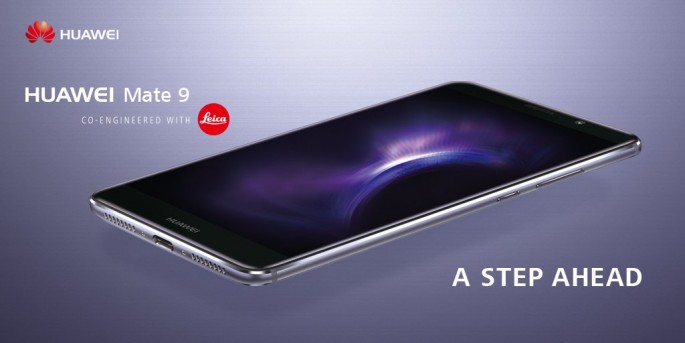Huawei, the third largest smartphone manufacturer based on global market share, is aiming to overtake both Apple and Samsung within a five-year time span. In order for it to do this, it's entering the high-end smartphone market in the U.S. Unfortunately, there isn't a warm welcome for the Chinese tech giant.
U.S. carriers distribute about 80 percent of smartphones in the whole country. They are, however, reluctant to work with Huawei due to the low recognition of its brand, making it hard to market their smartphones. There are also concerns regarding its networking equipment on their phones as well as hurdles on U.S. cellular standards.
It is known that the U.S. shut out the operation of Huawei's networking equipment due to security issues and concerns. A congressional report in 2012 recommended excluding Huawei from the networks of U.S. carriers as its phones may be used for spying from China.
Huawei denied these accusations and stated that the operation of its network is only limited to Beijing.
Along with the said issues, there are also technical challenges regarding U,S, cellular standards. Huawei will need to change their mobile chips to comply with Verizon and Sprint, two carrier companies in the U.S. They, however, foresee that the impact of adding Huawei devices to their lineup is very minimal with regards to their future sales.
Other carriers, namely AT&T and T-Mobile, have no comments as of the moment regarding the possibilities of working with Huawei. T-Mobile has a current patent dispute with the Chinese firm and AT&T's partnership is currently unclear at the moment.
Analysts say that Huawei will be needing a new strategy to achieve its goal due to the circumstances it faces today. A Huawei spokesman said: "We are patient, however, and we measure our success over the long term."



























